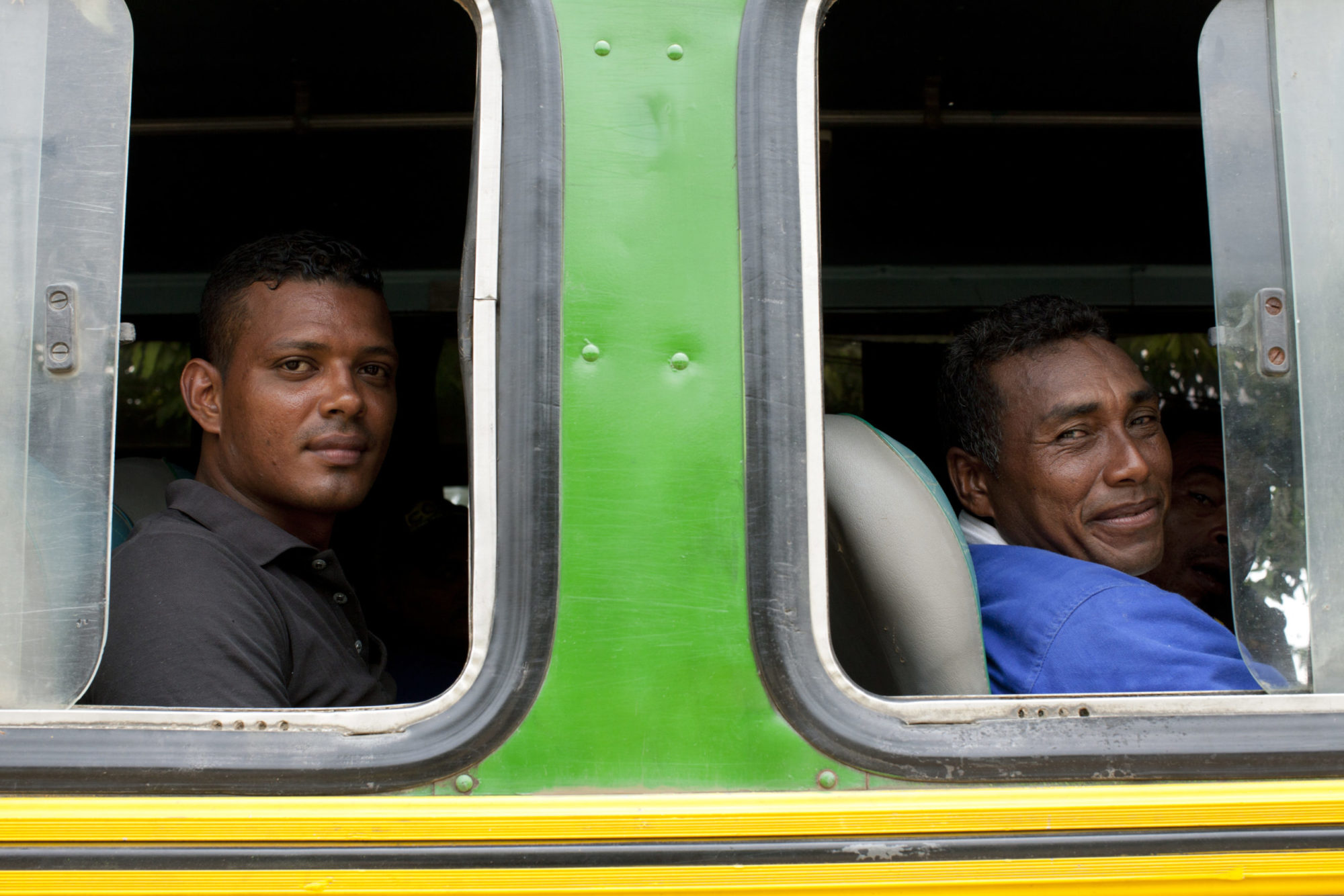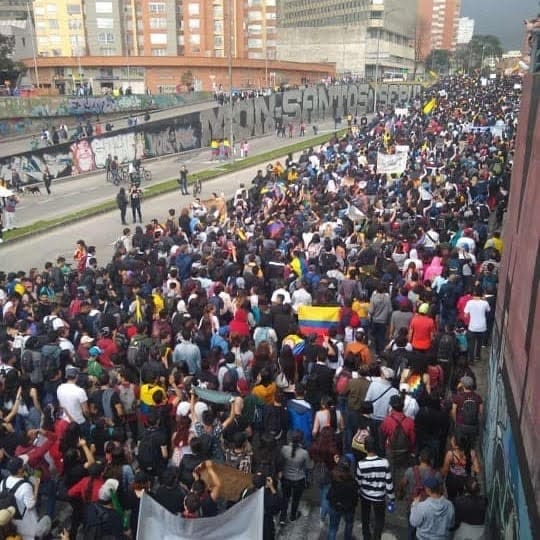A leader of Colombia’s national petroleum union barely escaped with his life following an early-morning assassination attempt Monday. The attack on Jonathan Urbano Higuera, president of the USO local for Puerto Gaitán, in Meta Department, occurred as he traveled in a...

In Colombia, the Solidarity Center works with unions to protect freedom of association, end labor subcontracting and promote inclusion of women and Afro-descendant workers, in a context of rampant labor rights violations, anti-union retaliation, and violence against union activists.
Colombia remains among the top 10 most dangerous countries for union members and leaders who are targets of harassment, death threats and assassinations. In 2011, the governments of Colombia and the United States signed the Labor Action Plan to address the violence.
The Labor Action Plan restricts employer subcontracting and outsourcing, and the Solidarity Center joins with workers and their unions to demand direct, formal hiring, and provides hands-on support through training and technical and legal assistance for workers in the five priority sectors outlined in the Labor Action Plan: ports, palm, flowers, oil and mining.
In the palm oil sector, for example, the Solidarity Center supports union outreach to workers, many of whom are fraudulently subcontracted, enabling employers to undermine their rights because they are not protected under Colombia’s labor laws. In March 2018, palm oil workers formed the General Union of Third-Party Agribusiness Workers (UGTTA), now representing 1,000 members.
The Solidarity Center has also been successful in increasing the union representation of oil workers who are subject to hazardous working conditions in rural areas that were former conflict zones. With Solidarity Center support, union partners in these and other sectors have been able to prepare and submit legal challenges to promote employer compliance with, and government enforcement of, laws that prohibit precarious forms of labor contracting.
Afro-Colombians, the vast majority who live in poverty, suffer from exploitative working environments, and the Solidarity Center works with port workers and other Afro-descendants to improve conditions on the job. In the city of Buenaventura, the Solidarity Center has played a part in increasing union protections for Afro-Colombian workers in the health care, public utilities and port sectors.
Meanwhile, with increasing migration from Venezuela to Colombia, the Solidarity Center has provided legal assistance and labor rights education for Venezuelan migrants to support their efforts to obtain economic self-sufficiency, food security and citizenship rights.
Colombia Marches Against Measures that Hurt Workers, Youth and Pensioners
Tens of thousands of Colombians have taken to the streets across the country today, simmering with anger over the government’s moves to cut wages and pensions, restrict the right to protest, hike energy prices and reward corporations with tax cuts, among other...
Colombia Women’s Soccer Team Tackles Discrimination
(En Español). Vanessa Cordoba, a goalkeeper on Colombia’s women’s national soccer team, is familiar with tough challenges. But when she debated whether to join some of her teammates’ high-profile campaign to end gender discrimination in the women’s soccer league, she...



